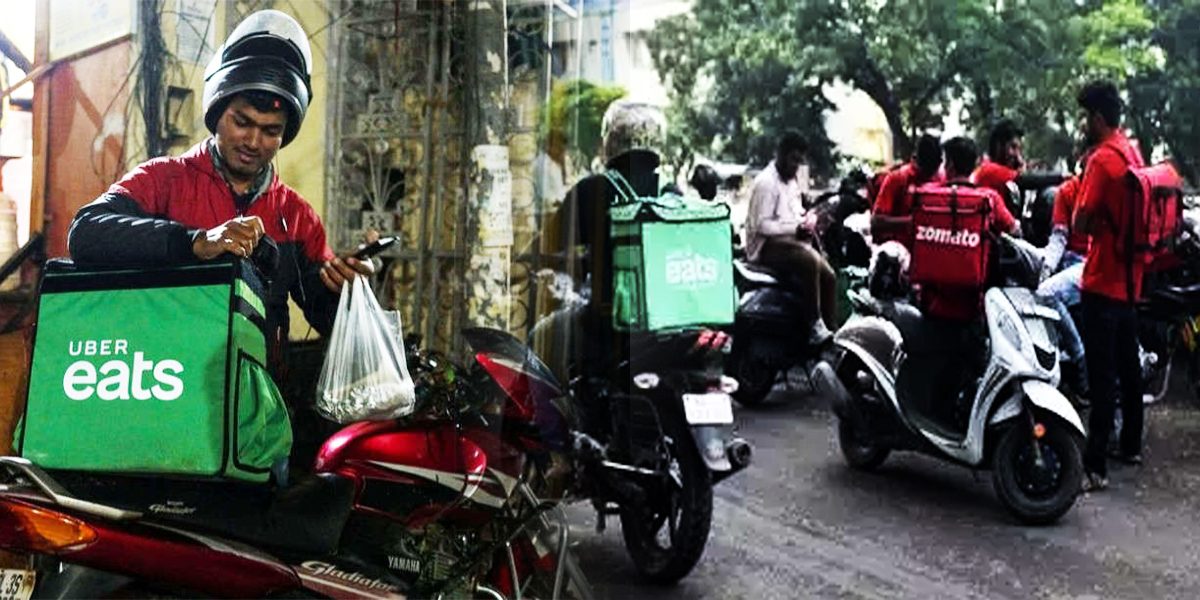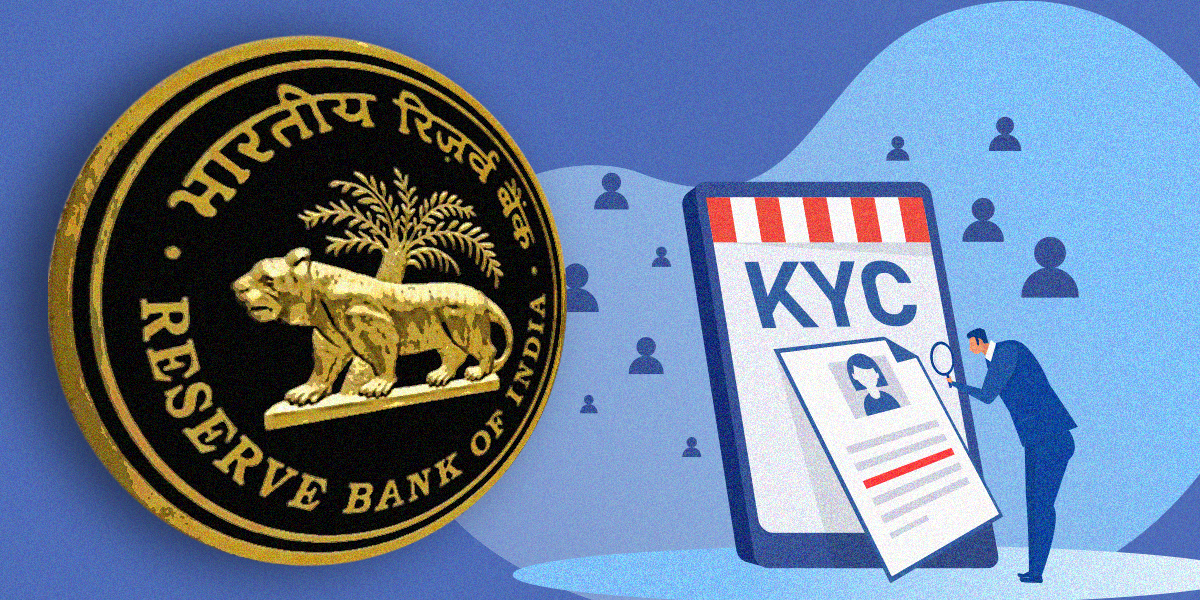The gig economy has been thriving in India. Uber, Ola, Swiggy, Zomato, Rapido, Bounce, Vogo and many others engage over 5 million gig workers altogether. If we include all Internet-based businesses, then the figure may go up to 10 million or even beyond.
Since the number of such workers is going to proliferate, the government has recognised them under draft Code on Social Security, 2019. According to a proposal draft made by labour and employment ministry, gig workers will have insurance (life and disability), health and maternity benefits, old-age protection and several other rights.
The draft includes people working with marketplaces and any other form of digital intermediaries. It essentially means that people working with Flipkart, Amazon and Paytm without being on their payroll will also be entitled to the rights mentioned above.
However, they won’t be entitled to benefits under the Employees’ Provident Fund (EPF) and Employees’ State Insurance schemes.
As per the draft law, gig workers are defined as people who participate in a work arrangement system and earn livelihood via activities outside the traditional relationship between employer and employees. The term can also be referred to as higher-skilled workers like coders or technology professionals working part-time or as freelancers.
In the last few years, the number of these workers has grown. According to human resource consultancy firm Noble House report, close to 70% Indian companies hired gig workers once last year.
While the number of gig workers has been going north, there has been no social security system to take care of them in the country.
If and when the draft code turns into law, the government will further define the role of firms which hire them.
Observers hailed the move but cautioned against overregulation. They raised concern around the implementation of the policy across digital businesses such as taxi aggregators, food apps, and workforce supplier platforms.
Over regulations can burden such companies with extra cost, which will indirectly impact gig workers. Recently, the US had approved a similar law for gig workers, giving them wage benefits and protection.
The development was first reported by Business Standard.














